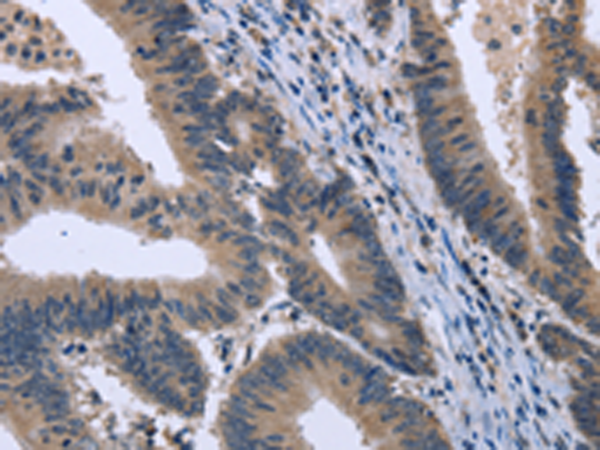|
Background: |
Potassium channels are present in most mammalian cells, where they participate in a wide range of physiologic responses. The protein encoded by this gene is an integral membrane protein and inward-rectifier type potassium channel. The encoded protein, which has a greater tendency to allow potassium to flow into a cell rather than out of a cell, is controlled by G-proteins and is found associated with the sulfonylurea receptor SUR. Mutations in this gene are a cause of familial persistent hyperinsulinemic hypoglycemia of infancy (PHHI), an autosomal recessive disorder characterized by unregulated insulin secretion. Defects in this gene may also contribute to autosomal dominant non-insulin-dependent diabetes mellitus type II (NIDDM), transient neonatal diabetes mellitus type 3 (TNDM3), and permanent neonatal diabetes mellitus (PNDM). Multiple alternatively spliced transcript variants that encode different protein isoforms have been described for this gene. |
|
Applications: |
ELISA, IHC |
|
Name of antibody: |
KCNJ11 |
|
Immunogen: |
Fusion protein of human KCNJ11 |
|
Full name: |
potassium inwardly-rectifying channel, subfamily J, member 11 |
|
Synonyms: |
BIR; HHF2; PHHI; IKATP; TNDM3; KIR6.2 |
|
SwissProt: |
Q14654 |
|
ELISA Recommended dilution: |
2000-5000 |
|
IHC positive control: |
Human colon cancer and human brain |
|
IHC Recommend dilution: |
50-200 |

 购物车
购物车 帮助
帮助
 021-54845833/15800441009
021-54845833/15800441009
